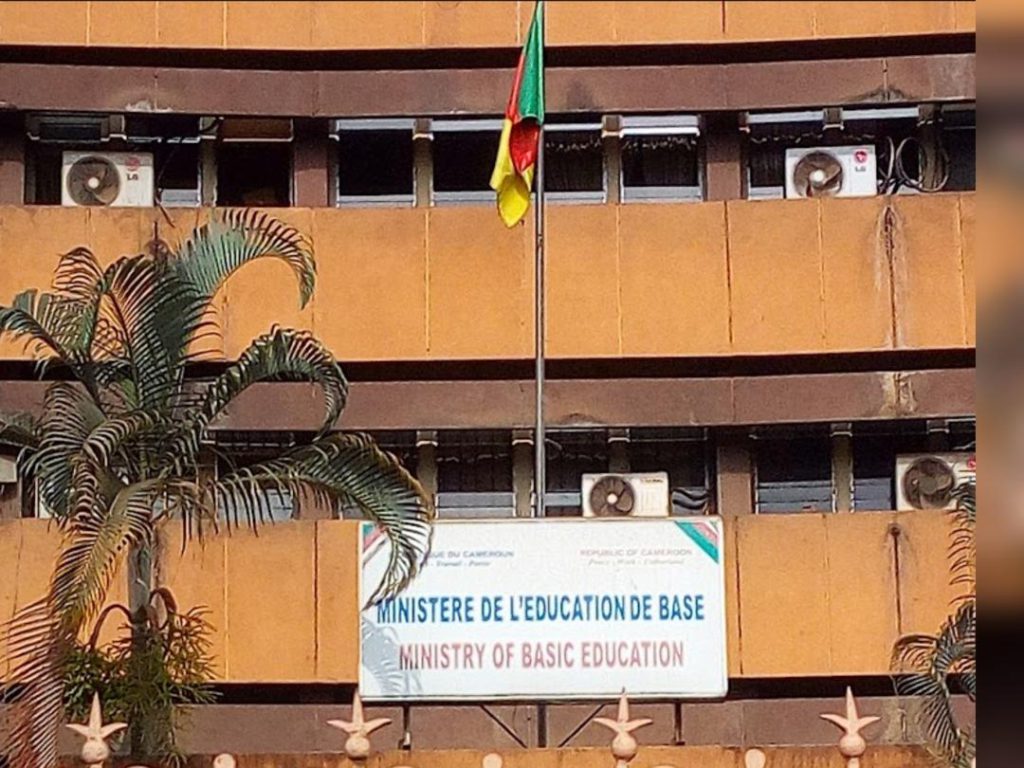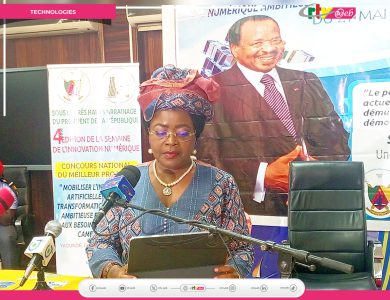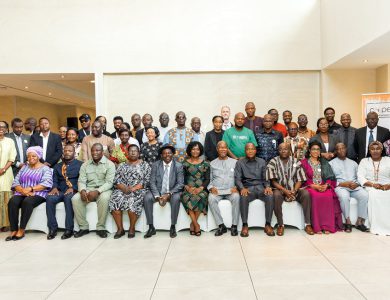In Cameroon, bilingualism is not just a policy; it is a fundamental aspect of national identity. The country recognizes both French and English as official languages, reflecting its diverse cultural heritage. This article explores the importance, benefits, and challenges of bilingualism in Cameroon, as well as initiatives aimed at promoting it in education and society.

Importance of Bilingualism
Bilingualism serves as a vital tool for fostering social cohesion among Cameroonians. By enabling communication between different linguistic groups, it promotes understanding and harmony. The government’s commitment to bilingualism is established in the Constitution, which mandates the equality of both languages in public life.
Legal Framework
According to Article 1 of the Constitution, Cameroon is a bilingual nation. This legal foundation underscores the significance of bilingual education and the need for effective implementation of language policies in schools and government institutions.
Promotion and Practice of Bilingualism
The Inspector of Pedagogy in charge of the promotion of Bilingualism at the ministry of Basic Education , Abongwho David, says to enhance bilingualism, the Ministry of Basic Education has introduced various programs aimed at integrating English and French into the curriculum. Key initiatives include:
-Training of Teachers: Educators are being trained to effectively teach both languages, ensuring that students gain proficiency in both English and French from an early age.
– Weekly Bilingualism Day: A dedicated day in schools promotes the use of both languages, encouraging students to engage with their peers in either language.
Benefits of Being Bilingual
The cognitive advantages of bilingualism are well-documented. Being bilingual enhances critical thinking skills and improves problem-solving abilities. Additionally, bilingual individuals often have better cultural awareness, allowing them to navigate and appreciate diverse perspectives.
Social and Economic Opportunities
Bilingualism opens doors to numerous opportunities in various fields, including business, education, and diplomacy. It equips individuals with the skills needed to communicate effectively in a globalized world, enhancing their employability and career prospects.
Challenges
Despite the advantages, promoting bilingualism in Cameroon faces several challenges:
Inconsistent Implementation: While policies exist, the implementation at local levels can be uneven, leading to disparities in language education.
-Limited Resources: Many schools lack the necessary resources and trained personnel to effectively teach both languages.
Bilingualism in Cameroon is a cornerstone of national unity and social cohesion. Through continued efforts in education and policy implementation, the country can harness the full potential of its bilingual identity, fostering a society where all citizens can thrive. By overcoming existing challenges, Cameroon can ensure that bilingualism remains a valuable asset for generations to come.
Che Tembuck









